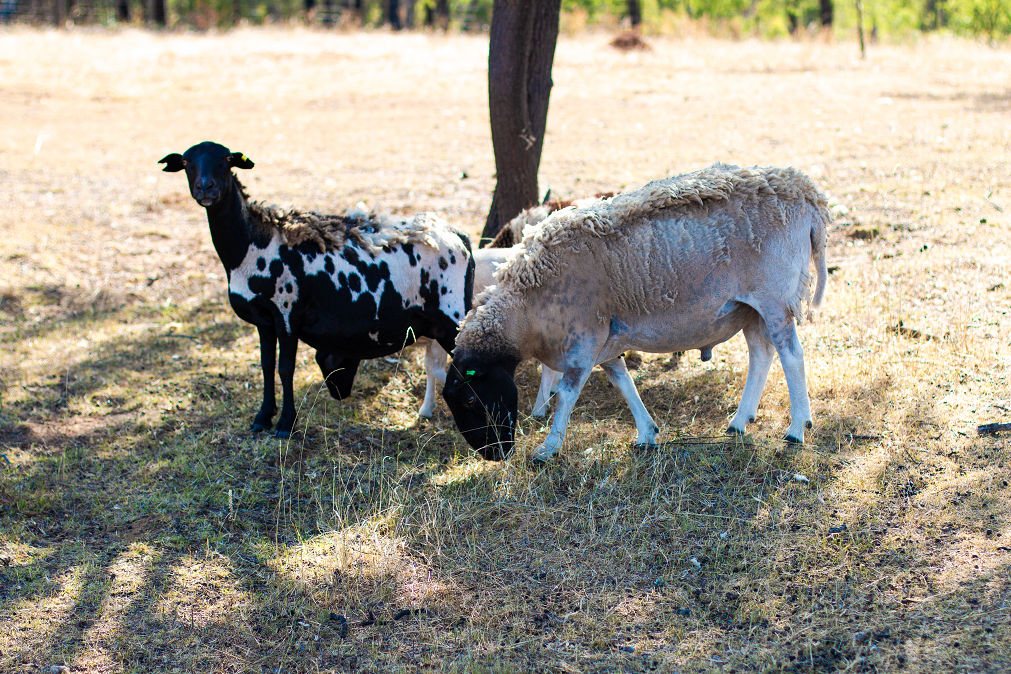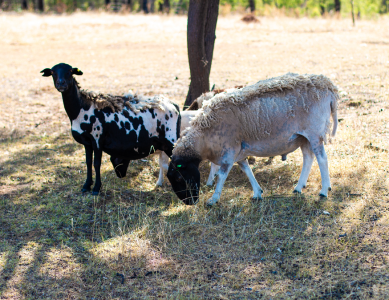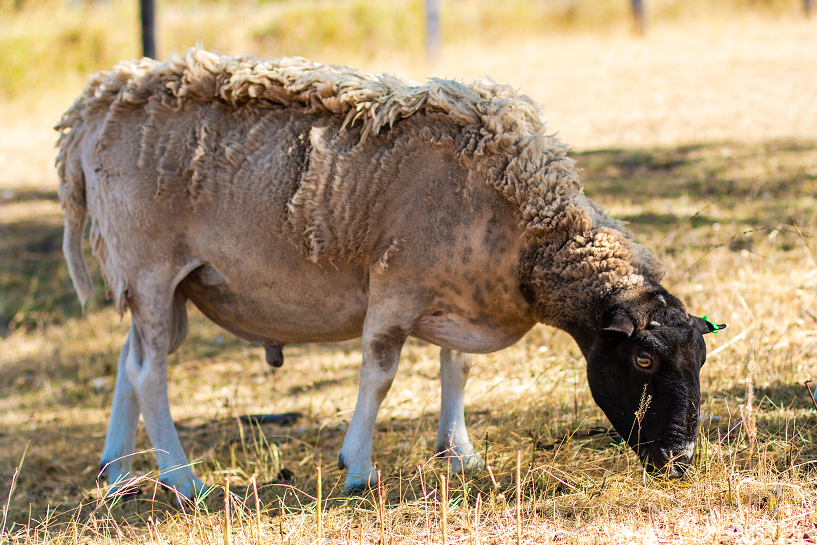Meet Dodge.
He’s the chief ram of our little flock, and as you can see, he’s definitely not cute and cuddly.
He’s ugly, cantankerous, bossy, territorial… and utterly magnificent.
Dodge loves getting a scratch… but only through the fence. Take a step into his paddock, and he’ll likely have a go at you, even though he’s well-fed and looked after.
But if wild dogs got into his paddock, he’d have no chance of protecting himself or his flock. He’s not designed that way.
Of course, he’d wander off if we didn’t have good fences, head down and oblivious to where he might be going. And he’d likely follow anyone with a handful of grain or a bale of hay (if he didn’t try to buck them first).
Still, the amazing thing about Dodge is that, like all our sheep, he knows my voice and runs to the fence if he thinks there’s food on offer. He’ll also bleat from a paddock away if he sees me, demanding more despite having plenty of grass to eat.
It could be argued that he’s kind of useless. After all, he’s not designed to be anything besides a source of wool, meat and more sheep.
But I wouldn’t get rid of him for quids.
All We Like Sheep
Perhaps there’s a reason why you and I are often compared to sheep in the Bible AND why Jesus, accordingly, referred to himself as the Good Shepherd.
I can certainly see a bit (or a lot) of myself in Dodge.

You see, when Jesus lived among us, sheep were prized possessions. In fact, they were a symbol of great blessing and prosperity. So when you and I are compared to sheep in the Bible, God is also saying, “you are valuable and precious to Me”.
So valuable, so precious, and such a blessing to the Father, that Jesus was willing to lay down his life for us. Remember, Jesus himself said, “I am the good shepherd. The good shepherd lays down his life for the sheep.” – John 10:11
When a Sheep Becomes a Shepherd
But just like most everything else in the upside-down Kingdom of God, there’s something of a paradox in this analogy, and it’s highlighted in John 21:15-17.
After breakfast, on a beach beside the Sea of Galilee, John shares with us that Jesus fully restored Peter, not only as a disciple but to ministry as well, by telling him three times to take care of His sheep.
The Good Shepherd called Peter, a sheep like the rest of us, to be a shepherd.
Many years after this event, we find Peter telling the leaders in the church to be shepherds (1 Peter 5:1-11), and in doing so, Peter is simply asking them – and us – to do what Jesus asked of him on the beach that morning.
Take care of HIS sheep (John 10:16).
Ultimately, shepherding is how Jesus loved those who followed Him. And, whatever form our leadership might take, it’s how each one of us is expected to love those in our care.





